How to start saving easily in Tanzania
You might be dreaming of having a financially secure future. It’s a wonderful dream, but maybe you look at your…

You might be dreaming of having a financially secure future. It’s a wonderful dream, but maybe you look at your…

A review of one author’s perspective on cyber currency and Government.
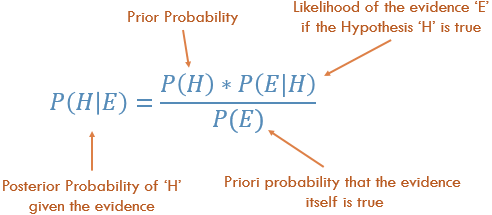
On October 16th, 2017, the Washington, D.C.-based opinion polling research organization, Pew Research Center, released its latest research report that…
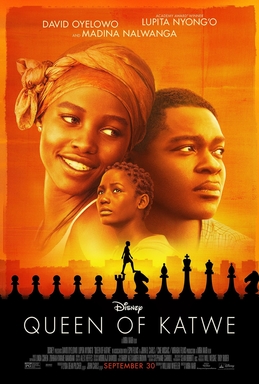
On a recent bumpy flight from Entebbe to New York City, I finally had the privilege of watching Mira Nair‘s Queen…
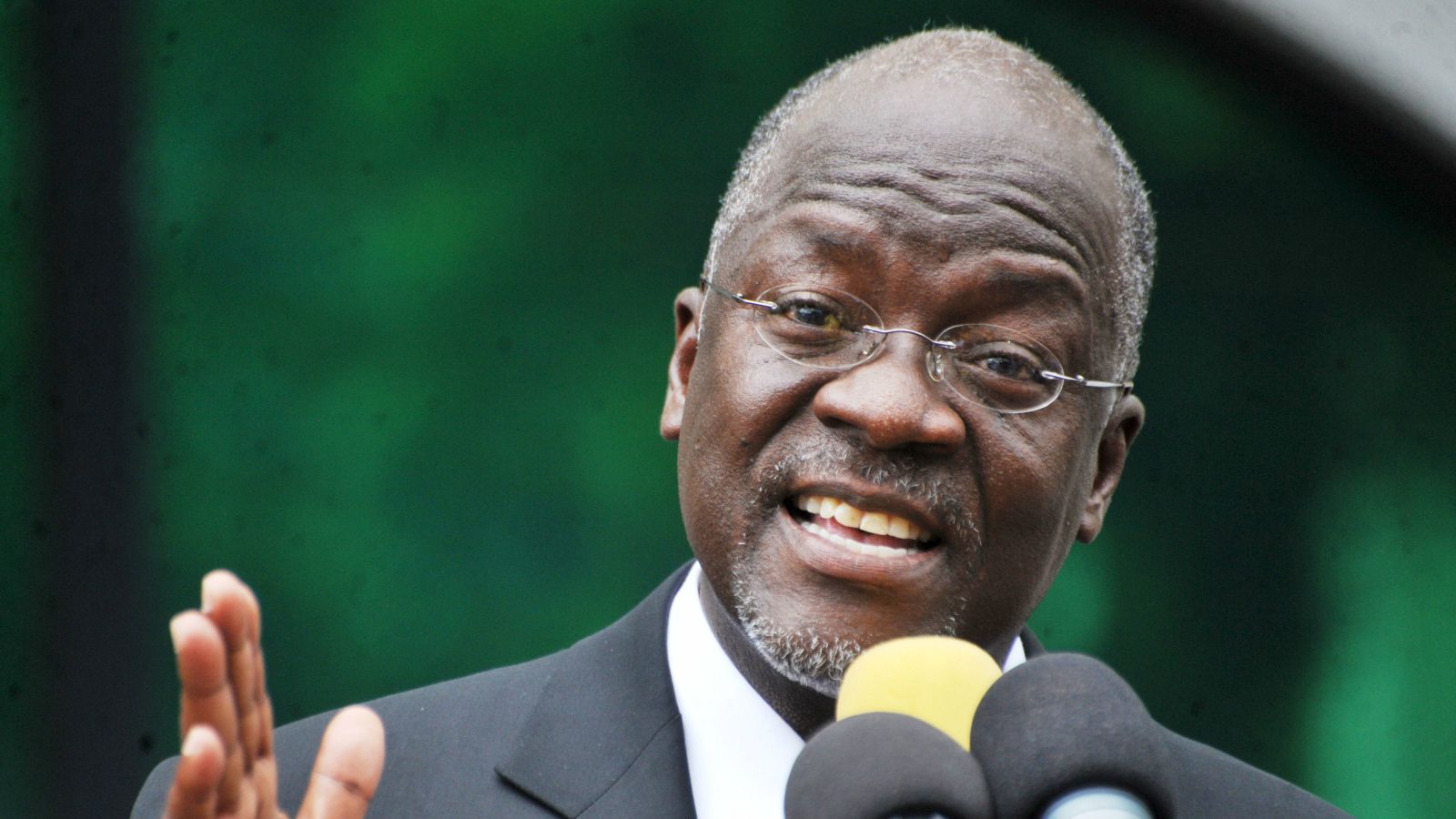
Academics need to take note of ordinary Tanzanians leveraging social media for change.
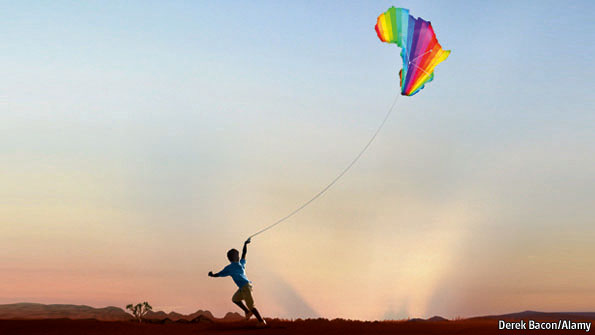
A response to Ali Mufuruki’s recent speech on the idea of Africa Rising.
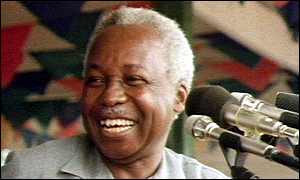
In Japanese, the term Sensei loosely means “teacher”, however its literal meaning, “person born before another”, is even more appropriate in encapsulating…
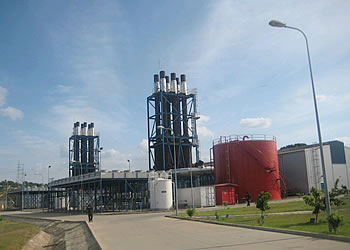
Reason number 1: Rationing reduces citizens’ productivity.
The captains of our society must have a clear understanding of the behavior of man both in the short run and in the long run.

Like Peter Msigwa’s June 20th, 2012 passionate comments during the discussion of last year’s budget, I too think the opposition’s purpose is to criticize government’s implementation of policy. Our democracy can only become increasingly vibrant and resilient if the opposition is strong in this regard.
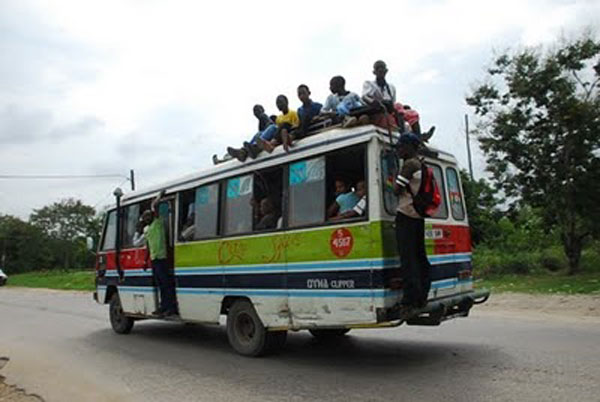
The argument against setting prices is a symmetric one. Whether EWURA is lowering them or SUMATRA is hiking them is irrelevant. Both are wrong moves.
Most respondents felt that Tanzania should join the East African common currency (if and when there is one). Up for discussion now is the question of why she should join, and how a common currency would affect the economy.
Let us think together about a problem of economic growth. In so doing let us reduce the problem into its smallest constituents.
Results indicate that we had 10 respondents (thanks, folks!): None voted “No”, 10% voted “I’m not sure”, 40% voted “Possibly”, 50% voted “Yes”.
I was honored to travel with the Tanzanian Presidential Delegation to Addis Ababa for the state funeral of Prime Minister Meles Zenawi. Quotes from this piece are from a variety of people including diplomats, politicians and long-time followers of Ethiopian politics. I purposely did not include the names of those quoted in this piece, except for when I asked for permission.
“Institutions form the incentive structure of a society, and the political and economic institutions, in consequence, are the underlying determinants of economic performance.”
This post briefly summarizes a recent report published by NORAD on per diem usage and abuse in Tanzania, Malawi and Ethiopia. Much of what has been recommended in the report is not new, and the significance of public communication systems has yet to be explored fully.
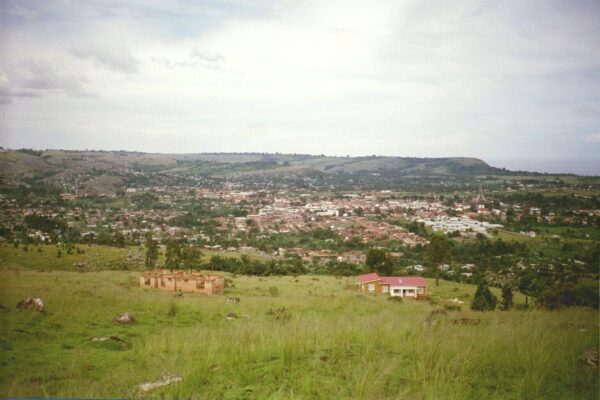
Commemorating the life and works of Justinian Rweyemamu. 30 years anniversary since his passing.
I do not wish to discuss the challenges of investing in Tanzania or more politically inclined challenges. I, however, wish to discuss why investment makes sense.
Greg Smith, from South Africa is leaving Goldman Sachs, a large multinational banking and securities firm, as the firm’s executive director and head of the firm’s US equity derivatives business in Europe, the Middle East and Africa.
The World Bank’s main goal is to help reduce poverty in the world. This article gives an overview of what is going on with regards to this year’s selection of a new president of the bank.
“I would much rather turn my country over to gold-standard crackpots than to MMT crackpots”
The region’s infrastructure apparatus has been one of the main hindrances to economic and social development in East Africa. Will the transport corridors be the solution to the region’s infrastructure deficit?
I look at the inputs and outputs of the Tanzanian economy in an attempt to contemplate on what has become of it.
Rapid urbanization in East Africa has been a cause for some celebration because it is viewed as a benchmark for growth and development. However, how sustainable is this? With the region’s population expected to reach 237 million by 2030, innovative responses are required. Satellite cities are just one example.
I look at the inputs and outputs of the Tanzanian economy in an attempt to contemplate on what has become of it.
Domestic productivity as a key to global competitiveness.
The Tanzania Youth Bank (YTB) begins operations in January 2012.
We are in this situation because our government has firmly decided to be an undeciding government when it comes to serious issues for the advantage of common citizens.
Surely a nation half a century old must ask itself the tough question, what has it done with its freedom? Are we freer from poverty than we were fifty years ago? Are our children more literate than they were in 1961? Is the life for a normal Tanzanian any easier fifty years after independence?

